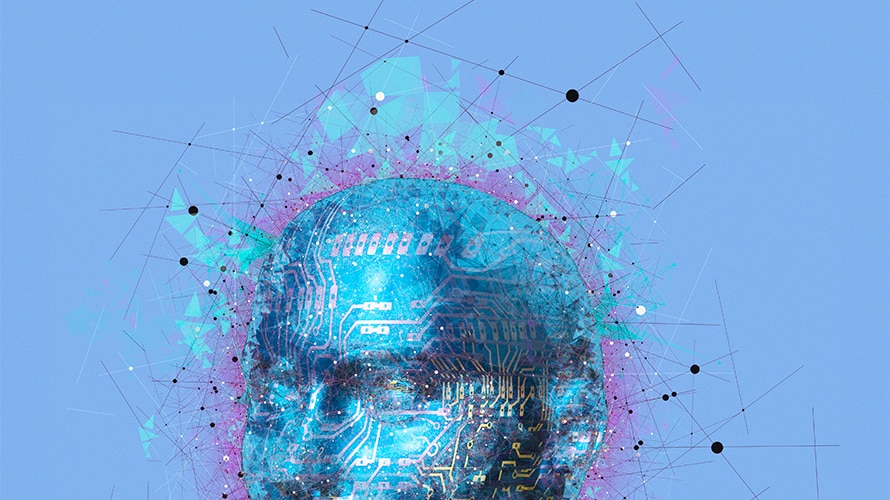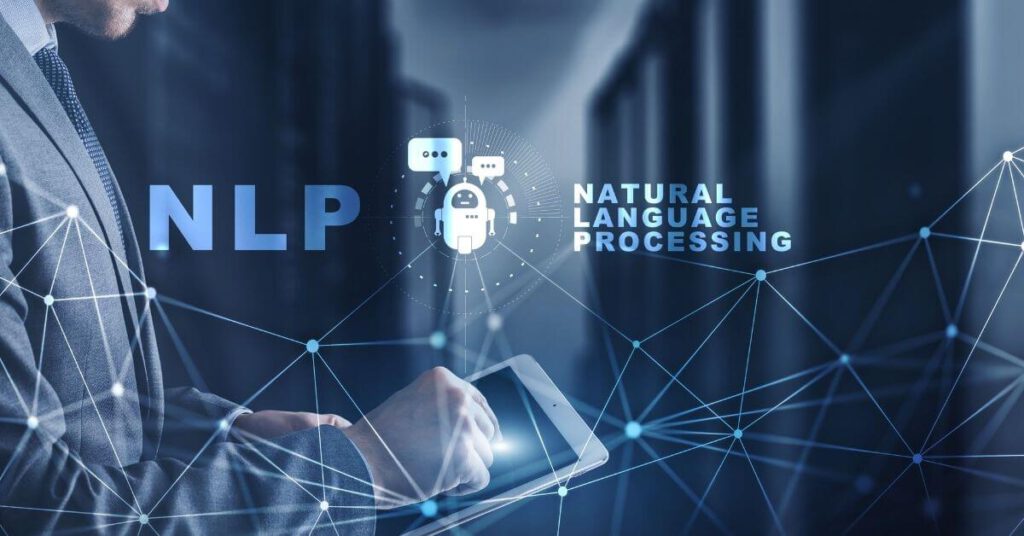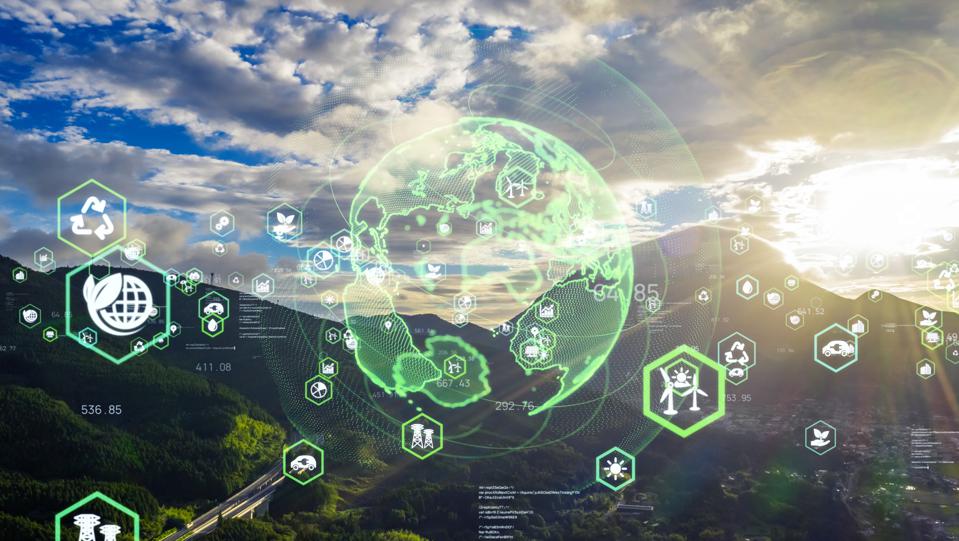
In the past, creativity was seen as a distinctly human trait. Art, music, literature, and other forms of creative expression were thought to be unique to humans. However, with the rapid development of artificial intelligence, this traditional view of creativity is being challenged. Can machines be creative? This is the question that many experts in the field of AI and creativity are asking.
To answer this question, we need to first define what creativity is. Creativity is the ability to produce original and valuable ideas or solutions. It involves combining different elements in new and unexpected ways to generate something that has never been seen before. It’s a complex process that requires imagination, intuition, and inspiration.
One of the primary arguments against the idea that machines can be creative is that: creativity is a product of human consciousness. It’s not just the ability to generate new ideas, but also the emotional and intellectual experience that comes with it. However, with the rise of machine learning and neural networks, machines are becoming more capable of simulating human consciousness.
To illustrate, in 2018, a painting created by an AI algorithm sold for $500,000 at an auction. The algorithm was programmed to create an image that resembled portraits from the 14th to 20th century. The resulting image was a unique creation that had never existed before. This raises the question: if an AI algorithm can create something that has never existed before, is that not a form of creativity?
Another example is the music created by AI algorithms. In 2016, an album titled “I AM AI” was released, which was entirely composed by an AI algorithm. The music was not just a random collection of notes; it was a coherent and structured composition that was enjoyable to listen to. While some argue that the music lacks the emotional depth of human-created music, others argue that the emotional response to music is subjective and varies from person to person.
It’s clear that machines are becoming more capable of generating original and valuable ideas. AI algorithms are programmed to optimize for a specific objective, such as generating a painting that looks like a Rembrandt or composing music that sounds like Bach. While this can lead to the creation of new and interesting works, it’s not the same as the spontaneous and unpredictable nature of human creativity.

